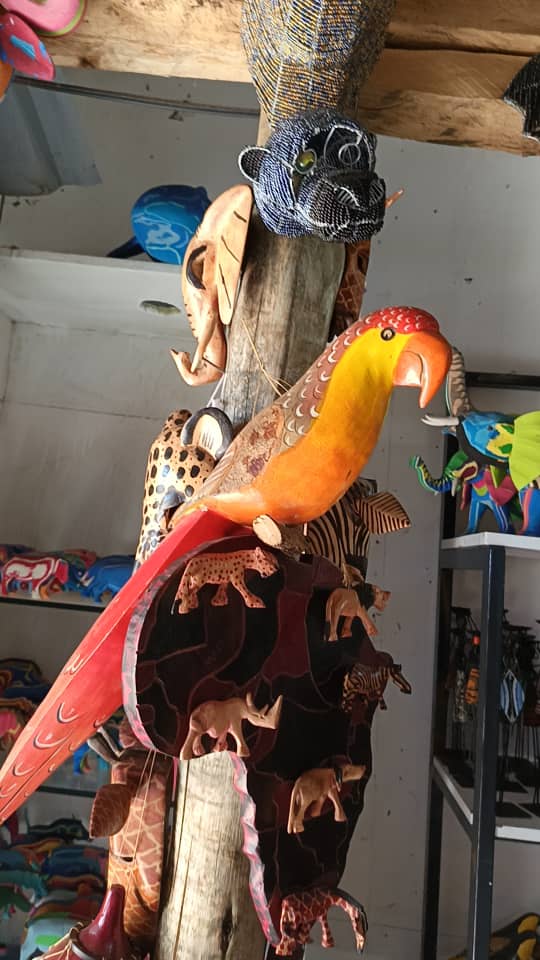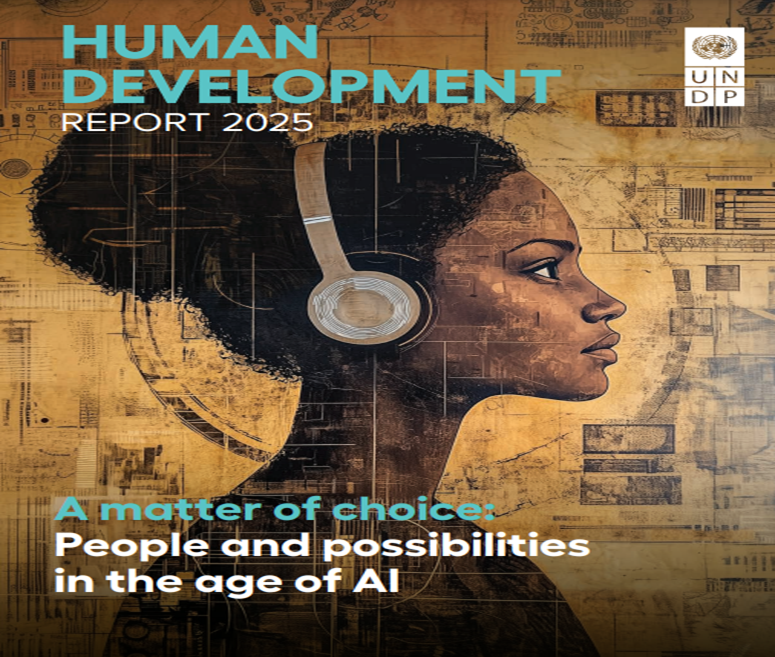of their literacy level, could perform basic daily transactions of varying amounts by just pressing their mobile phones or calling out a short code. From Petrol stations to Pizza shops; from local markets to supermarkets; from car parks to the local restaurants, the story remained the same. The old, the young; the urban, the sub-urban; natives as well as resident, all had the same experience: fast execution of transactions using Mpesa, Kopo Kopo, etc.

While I watched in admiration, my worry heightened: I had to travel for an official assignment in Nairobi on a very short notice; flight and accommodation sorted, I had little or nothing to deter my departure in less than 48hrs; however, on arrival, it was obvious I needed to have some local currency for me to have a life outside the hotel or to do some shopping. Within my first 48 hours in the hotel my worry became a genuine concern. I had three Debit Cards in my local currency (not, Mastercard debit cards) with me, but I was unable to pay for services using POS terminals provided by Kenyan banks. Thanks to the wonderful hospitality of the Hilton Garden Inn hotel, Nairobi and her wonderful staff who never bordered about the failed transactions, they simply told me, “we will put the bill in in your account, you settle the bill when you are checking out”. This glorious gospel dispelled the worries that would have marred my week-long stay in Nairobi.

Then entered Mastercard and Fidelity Bank Plc: getting the Kenyan Shillings for my personal needs would mean getting physical cash and exchanging same at the Forex Bureau (the second source of Forex in Kenya, after the regular banks). Since my debit cards (my own local currency) failed to rescue me, best advice I got from the street was for me to approach a Forex Bureau or a bank, withdraw USD cash and exchange for Kenyan Shillings; thankfully my Fidelity Bank USD Mastercard debit card was with me. Not so sure what magic my Fidelity/Mastercard USD debit would perform, I heeded the advice. At the first bank, I was told I should go outside and use the ATM. While trying to make sense of this directive, I headed straight to the ATM. I had approached the ATM expecting to withdraw USD and return to the bank for exchange but my astonishing delight sparked-off when I inserted by card and the ATM gave me the option to Withdraw USD or Kenyan Shillings. Without hesitation, I chose Kenyan shillings; next the ATM displayed applicable transaction charges with an option for me to accept or reject. Before I could read the instruction a second time, my index finger had already selected, ‘Accept’, thereafter the ATM dispensed crisp KSH1000 notes and immediately I got an SMS alert from Fidelity Bank Plc (back in my home country) notifying me of a debit of the USD equivalent of the Kenyan Shillings I received at the ATM plus the charges in my USD account with the bank. It was at this glorious redemption moment that the title of this piece came to my lips, and I vowed to give it a mention here. With my confidence bolstered, I returned to the hotel later that evening with my latest discovery which I never asked before: I presented my USD debit card to the hotel cashier and all my meals billed in Kenyan Shilling could be settled by slotting my USD card into a POS terminal at the hotel. In the Igbo culture, one who kills a Lion is called Ogbu Agu (Killer of Lion); hence the Ibos will ask this rhetorical question, “how many lions should a man kill before he is given the title of Ogbu Agu? The answer is simple, one of course! For those who would wonder why this singular event would warrant such a loud mention, do note that the best way to achieve full financial inclusion in Africa is for all, governments and corporates, to follow the proverbial suggestion of accomplished writer, TM Aluko – One man, one Matchet; One Woman, one Stick; One Child, one Stone.

In The CSR Arena we believe that Corporates, more than governments, will bring the much-needed sustainable development faster in Africa. Beyond publication of well-scripted sustainability reports and investing in media hypes to project an image of responsible corporate citizen, it is important for corporates to put in the works in their tiny corners to make live more livable and support inclusive economic and social development in Africa. Be not deceived, just adopting the SDGs by African governments and setting up various agencies to drive the campaign would not make any difference except proactive steps and conscious actions are taken towards the realization of the goals. Kudos to Kenya for the gains recorded and sustained over the years in the area of financial inclusion, we implore more African governments to quit the talks and get down to work.
For the corporates, Africa’s hope of sustainable development, there cannot be a better time to truly be responsible corporate citizens, social entrepreneurs, solving Africa’s most pressing problems. Remember, it is profitable to be socially responsible – Ask Fidelity and Mastercard. In The CSR Arena, social entrepreneurs enjoy bragging rights at no cost. If your organization is doing anything to support financial inclusion in any part of Africa, let us know.
E-mail: news@thecsrarena.com or WhatsApp: +2348025435677. Short videos, pictures and written communications are welcome.

The CSR Arena is a CSR advocacy and sustainability-reporting-analysis champion. We encourage and celebrate effective CSR and positive social impact by responsible corporate citizens; we celebrate international best practices in sustainability reporting across different economic divides. Our goal is to realize the dream of development scholars that, ‘corporates, more than governments, would bring about the much needed sustainable development across the globe. We partner with FBOs, NGOs, CBOs, governments and corporates to spread the message of sustainable development and corporate sustainability. Our platforms bear tales of good corporate citizenship – grab the microphone that you may be heard. Contact: news@thecsrarena.com



